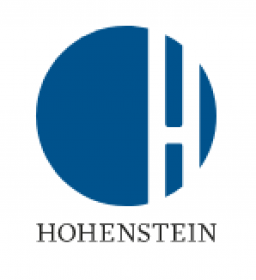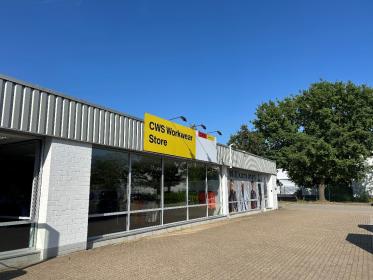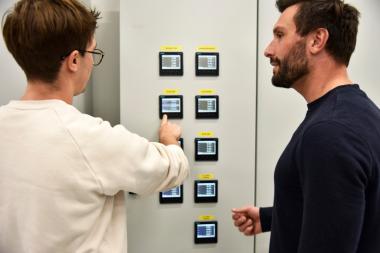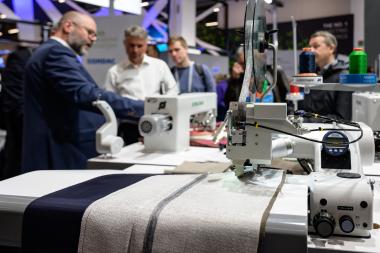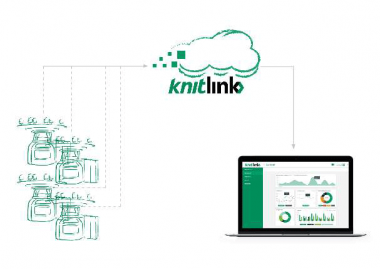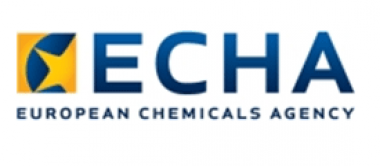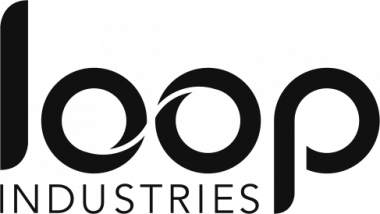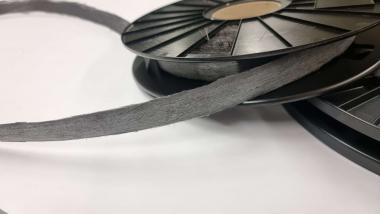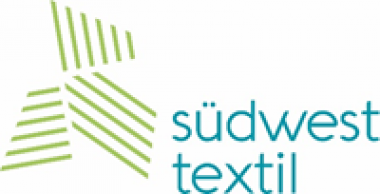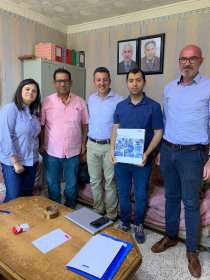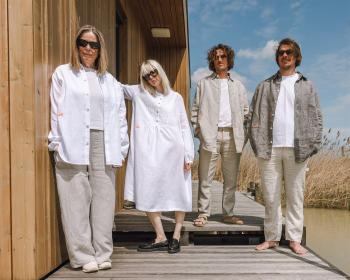OEKO-TEX® STeP als Impuls für Innovation
Eine aktuelle Studie der Bertelsmann Stiftung zeigt, dass Nachhaltigkeit für Unternehmen kein „Nice-to-have“ mehr ist, sondern ein strategischer Faktor für Wettbewerbsfähigkeit und Innovationskraft. Der Prüf- und Forschungsdienstleister Hohenstein unterstützt Produktionsstätten der Textil- und Lederindustrie dabei, umweltfreundliche Produktionsprozesse dauerhaft umzusetzen, die Arbeitssicherheit zu verbessern und sozialverträgliche Arbeitsbedingungen zu fördern.
Transparente Bewertung in dreistufigem Scoring
Das modulare Zertifizierungssystem OEKO-TEX® STeP analysiert und bewertet anhand von sechs Modulen die wichtigsten Bereiche einer Produktionsstätte. Nach einem Online-Assessment und dem Besuch der Hohenstein-Auditoren vor Ort wird der Nachhaltigkeitsgrad der Produktionsstätte in einem detaillierten Abschlussbericht und Zertifikat ausgestellt. Das höchste Level des dreistufigen Scorings zeigt die Umsetzung im Sinne eines Best Practice Beispiels an – darüber kann sich zum Beispiel die TVU Textilveredlungsunion GmbH im mittelfränkischen Leutershausen freuen – eine Auszeichnung für vorbildliche Nachhaltigkeitspraktiken.
„Nachhaltigkeit und Umweltbewusstsein sind seit Jahrzehnten fest in unserem Unternehmen verankert“, betont TVU-Geschäftsführer Christoph Hausner. „Unsere STeP-Zertifizierung ist ein wichtiger Beleg für unser Engagement. Sie ist für uns ein Ansporn, unsere Prozesse weiterzuentwickeln und neue Wege für eine nachhaltigere Textilveredelung zu finden.“ Das global agierende Familienunternehmen hat es sich zum Ziel gesetzt, die textile Zukunft zu gestalten. Diesem Ansatz folgt die TVU-Gruppe konsequent: Neben höchsten Umwelt- und Sozialstandards forscht das Unternehmen an neuen Rohstoffquellen, um nachhaltige Alternativen für die Textilindustrie zu entwickeln.
Nachhaltigkeit als Innovationsmotor
„Dass wir das höchste OEKO-TEX® STeP Level erreicht haben, ist für uns kein Grund uns auszuruhen, sondern eine Bestätigung und ein Impuls für Innovation“, erklärt Klaus Christ, Leiter Forschung & Entwicklung der TVU-Gruppe. „Deshalb engagieren wir uns unter anderem in verschiedenen Forschungskonsortien, um nachhaltige Alternativen für die Textilindustrie zu erschließen.“
Ein Schwerpunkt liegt dabei auf der Nutzung pilzlicher Rohstoffe. Pilze produzieren während ihres Wachstums wertvolle Nebenprodukte, die bisher oft ungenutzt bleiben. Die TVU erforscht gemeinsam mit ihren Partnern die Verwertung dieser sogenannten Seitenstromprodukte, insbesondere Polysaccharidfasern und Pilzfarbstoffe. Besonders vielversprechend sind dabei Chitosanfasern und Pyomelaninfarbstoffe, die als nachhaltige Alternativen für herkömmliche textile Anwendungen dienen könnten.
Ausblick: Weiterentwicklung nachhaltiger Prozesse
Im Oktober steht das nächste STeP-Audit für die TVU an. „Wir freuen uns darauf und schätzen die Bewertung durch OEKO-TEX bzw. die Auditoren von Hohenstein“, sagt Geschäftsführer Christoph Heubeck. „Für uns ist klar: Nachhaltigkeit fördert Innovation – und Innovation fördert Nachhaltigkeit. Dieses Prinzip treibt uns an, immer wieder neue Maßstäbe zu setzen.“
Hohenstein Laboratories GmbH & Co. KG


